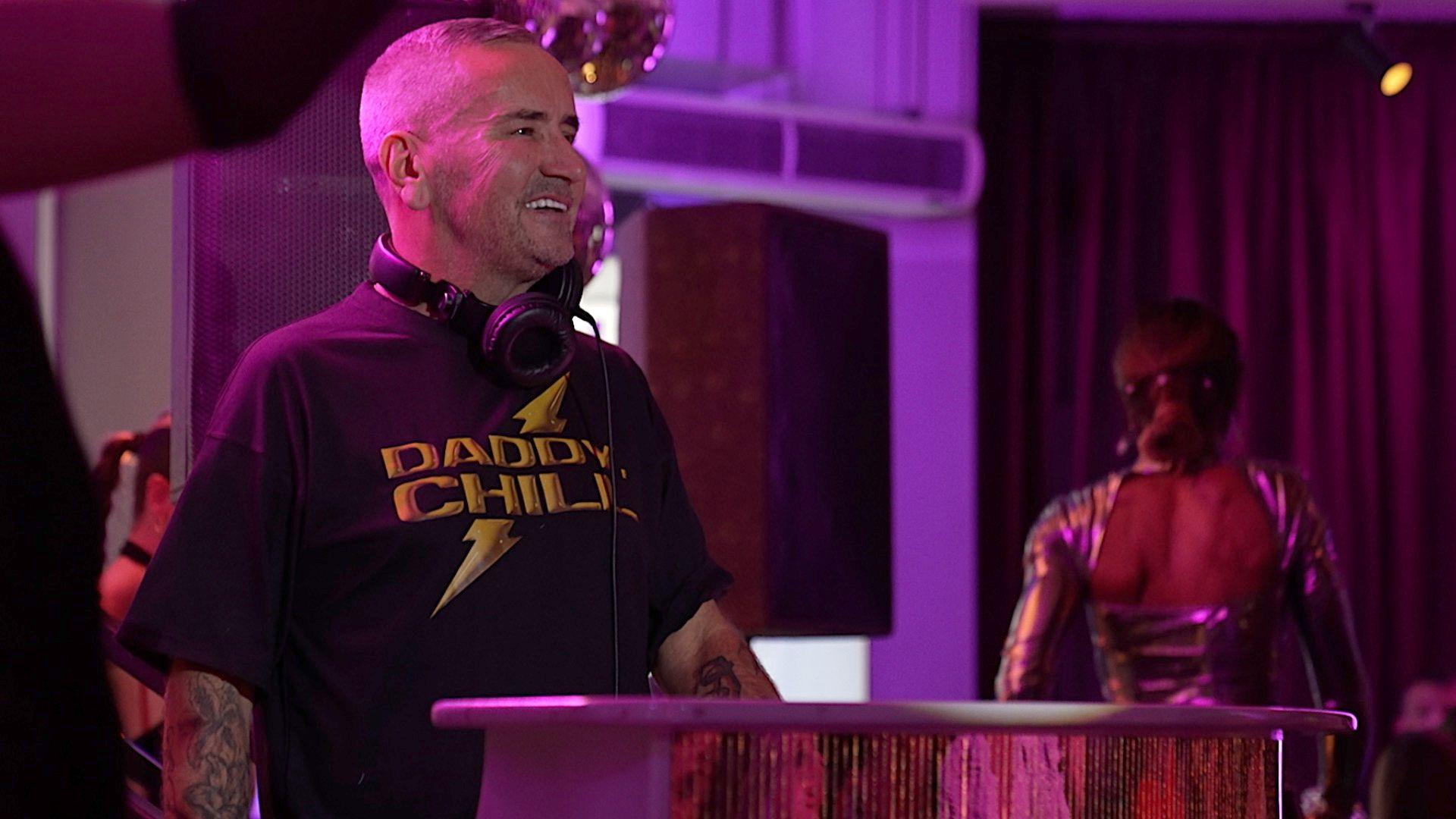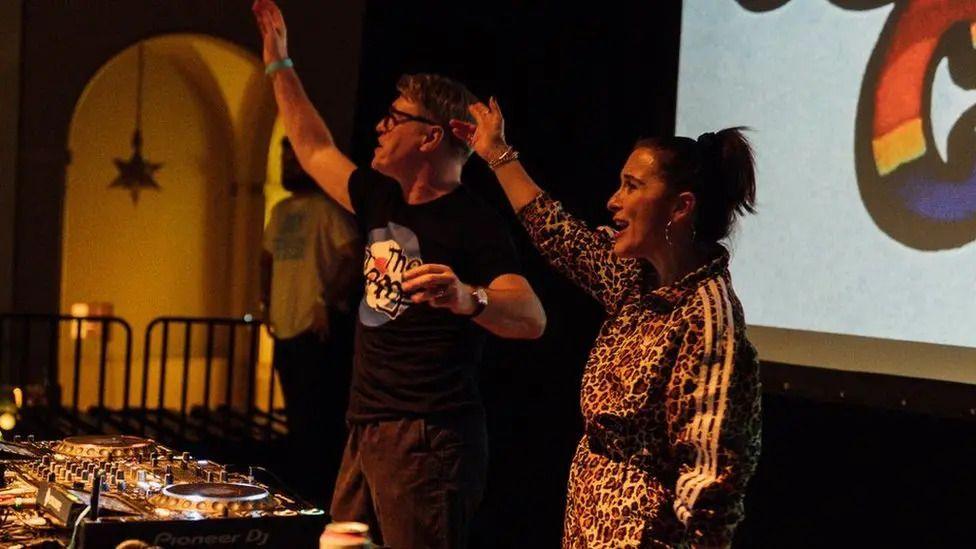London hospitality seeing bounce back - report

DJ Fat Tony is catering for clubbers who prefer the daytime
- Published
London’s hospitality sector is seeing a revival after years of financial chaos caused by the Covid-19 pandemic, according to new research.
The study, by hospitality research company CGA and consulting firm AlixPartners, found that between September 2023 and September this year the number of licensed premises increased by 1.8% in central London and 0.4% in Greater London.
However, it found nightclubs were still struggling, which has led some to innovate by opening during the day.
The findings came with a warning that last month's Budget may slow growth because of the rise in employers' national insurance - a move defended by the Treasury due to the need to fix public finances and services.
DJ Fat Tony has seen a huge rise in demand for tickets to his daytime clubbing event in the City of London.
"We open at 11:30 in the morning and we close at six in the evening. Every time we put tickets online, we sell out instantly," he told BBC London.
The weekly day rave called "Full Fat" is one of a growing number in London looking to bring an older demographic back to the dance floor and to inject money back into the sector.
"I was talking to a friend who runs nightclubs in Hertfordshire who told me the only reason he has stayed afloat is because of his daytime parties," the DJ said.
He raised concerns about the Budget's impact on the industry's comeback.
Restaurant workers' jobs threatened by Budget, bosses warn
- Published10 November 2024
'This catastrophic Budget will put up pint prices'
- Published31 October 2024
The new-style nightclub that's only open in the day
- Published13 January 2024
In October, Chancellor Rachel Reeves announced that National Insurance contributions would rise from 13.8% to 15%, and the threshold at which businesses start paying NI on a worker's earnings would be lowered from £9,100 to £5,000.
"I don’t think nightclubs were on their list when they did that Budget," the DJ said.
"The nighttime economy that brings in so many billions of pounds every year is getting less and less of those billions."
The study found that between July and September there were seven new licensed premises opening across the country every day, with an overall total of 99,868.
However, while some sites within hospitality are benefiting, the research states the "independent sector has been weakened by Covid-19 and high inflation and is now 15.9% smaller than it was in March 2020".
Karl Chessell, from CGA, said: “While the sector is smaller in outlet terms than before Covid, the last six months have shown that hospitality groups, investors and entrepreneurs have been confident enough to be opening rather than retrenching.”
Nightclub venues still remain in decline, the research found, while pubs and bars are seeing growth.

Actress Vicky McClure's clubbing concept is targeting over-30s who have an earlier bedtime
Line of Duty actress Vicky McClure has also launched Day Fever with her husband to tap into the daytime clubber market among the over-30s.
Ms McClure said she feels the dayclub model can inject some much-needed finances back into the industry.
"They can have Day Fever in the day and then do a quick turn around, and then they have their night shift, so they’re making more profit, which is brilliant because they’ve really suffered in the last few years," she said.
Graeme Smith, managing director at AlixPartners, warned: “These latest findings would have provided some cause for optimism.
"However, significant challenges remain; the plans set out in the October 2024 Budget mean we must view these latest figures through an extremely cautious lens.”

Husband and wife team Jonny Owen and Vicky McClure have taken daytime clubbing across the UK
A Treasury spokesperson said the employers' NI hike was necessary to fund public services and tackle a £22bn "black hole" - a figure disputed by the Conservative Party.
They added: “We are also protecting small businesses’ business rates bills from inflation and extending 40% relief for 250,000 properties, totalling £1.6bn in relief. And from 2026 we will permanently cut business rates for retail, hospitality and leisure businesses for the first time.”
Listen to the best of BBC Radio London on Sounds and follow BBC London on Facebook, external, X, external and Instagram, external. Send your story ideas to hello.bbclondon@bbc.co.uk, external